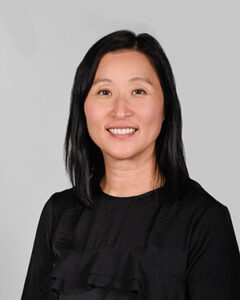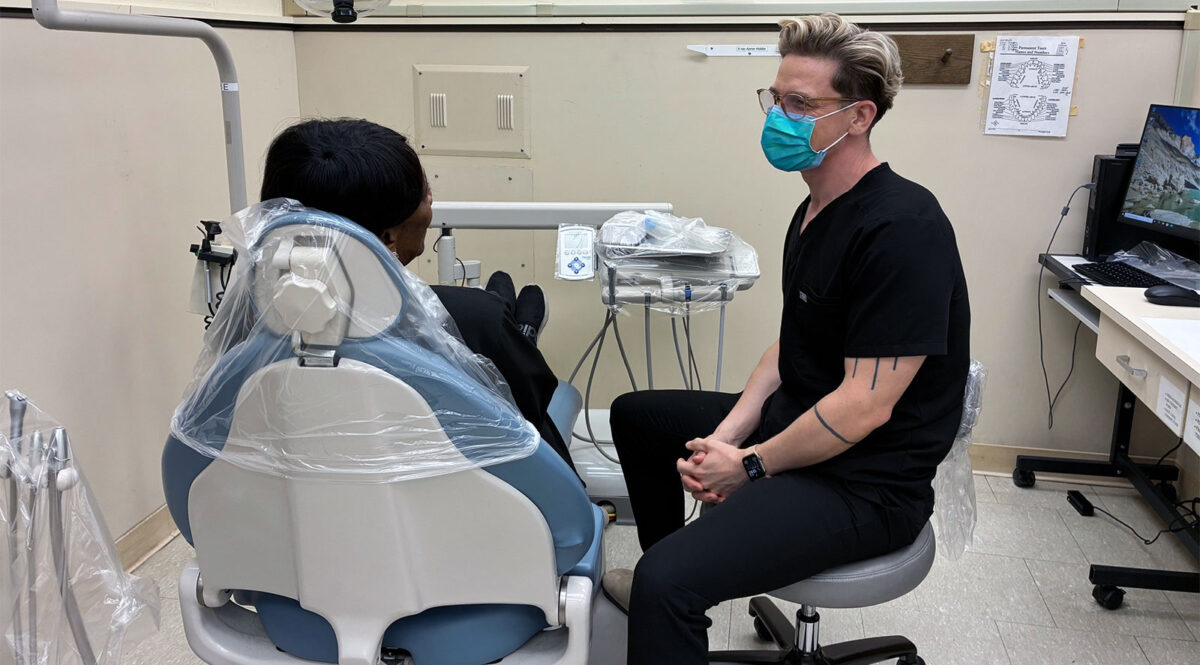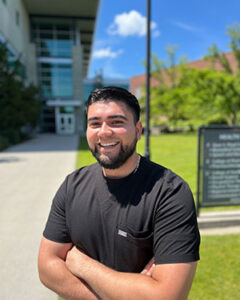The UW School of Dentistry (UWSOD) has received a grant of nearly $175,000 from the King County Adult Dental Program to help serve uninsured and underinsured community members with necessary dental treatment, starting this summer.
The King County Adult Dental Program (KCADP) provides dental services for residents living in King County who are not eligible for Apple Health (Medicaid). The King County government office estimates that 52,000 King County residents meet the KCADP eligibility requirements.
Part of the School of Dentistry’s mission is to advance oral and craniofacial health for all, with a commitment to serving community nee ds. By working with the KCADP and securing funding, the UWSOD plans to serve at least 175 patients, with each client making a minimum of three visits to the School.

“Bringing in these patients fits perfectly into our mission of serving the underserved through the Office of Educational Partnerships (OEP),” said OEP Director Dr. Amy Kim, the Principal Investigator on the grant. “The UWSOD has a long history of service, and Dr. [Andy] Marashi and I are working closely together to meet the needs of KCADP clients.”
Dr. Kim and Dr. Marashi, of the Department of Restorative Dentistry, are overseeing the implementation of KCADP patients in the predoctoral clinic through the Access to Care rotation — a rotation integrated into the regular teaching clinic that prioritizes these patients and reserves a certain number of appointment slots.
Fourth-year student Tanushree Temker has already helped treat two KCADP patients so far this summer through the Access to Care rotation. “This program is a huge win-win for patients as well as us [students],” said Tanushree. “We are constantly looking for different patients to fulfill our requirements, so helping these vulnerable patients is a great way to do that.”
Tanushree was assigned to help an immigrant student who needed to get their wisdom teeth removed. She swiftly put together a referral for the complex extraction and facilitated timely scheduling of the procedure for the patient.
“Catering to patients’ needs immediately fills them with so much gratitude,” said Tanushree. “That’s my greatest takeaway as a professional and what makes my day—watching them walk away so grateful.”
An immigrant herself, Tanushree resonates with the barriers that her patient faced and overcame in just getting to the UWSOD. She recognizes that people from low-income backgrounds often forgo preventive dental care and only seek out treatment once a problem arises.
“Preventive care is so important, and I don’t think people are aware that there is access to programs like this one, where they can get easy access to [care] and be taken care of,” said Tanushree. “This program has been amazing, even just the start of it. I’m looking forward to treating many patients.”

The funds provided in the grant will be used to establish care, conduct comprehensive exams of new patients and perform X-rays and prophylaxis cleanings (routine preventive care). If extensive treatment is needed — like the removal of wisdom teeth — additional requests will be made and approved on a case-by-case basis by the King County team.
It’s not just fourth-year students like Tanushree helping, though — third-year students are stepping in when called upon as well.
“Dr. Kim came up to me and asked if I would be willing to help see this patient who visibly needed urgent care,” said third-year dental student Rafael Urrutia Camargo. “He was facing so many barriers that stopped him from getting the care that he needed, so we wanted to help him as soon as possible.”
Since Rafael’s patient only spoke Spanish, and Rafael, coming from a Latino background, is bilingual, Dr. Kim hand-picked Rafael to help. The patient was provided the option of working with a medical translator, yet chose to communicate directly with the student, who was willing to go the extra mile with translating.

“Having a provider with a familiar background, who recognizes the barriers [their patients] have faced, it’s important because it builds trust and the patient will feel more relaxed and comfortable,” said Rafael.
Rafael completed the patient’s primary exam, assessing the state of his teeth and overall oral health. At first, the patient was shy and timid, closed off, but after putting together a treatment plan, his patient’s spirit lightened.
“He said multiple times how he really hoped his treatment could get done because he was so embarrassed just to walk out in public,” said Rafael.
Rafael is part of the Regional Initiatives in Dental Education (RIDE) program, so he’s training to serve patients from underserved communities upon graduating; so, helping someone from the KCADP is a perfect fit.
To date, over 30 KCADP clients have established care at the School of Dentistry. Some will continue to receive comprehensive care at the School, including extractions and restorations, complete dentures and partial dentures.
The KCADP funds other programs in King County to treat their constituents, including a mobile dental van run by oral health providers.
This partnership helps fulfill the goals of the School of Dentistry’s strategic plan, Advancing Oral Health for All, specifically the goal to “expand and maintain efforts and initiatives to improve health outcomes of patients and communities experiencing great need.”
“Oral health is an essential part of overall well-being, and everyone deserves access to high-quality dental care,” said Dr. Kim. “We at the University of Washington recognize that it is our duty and privilege to serve those who need it most.”